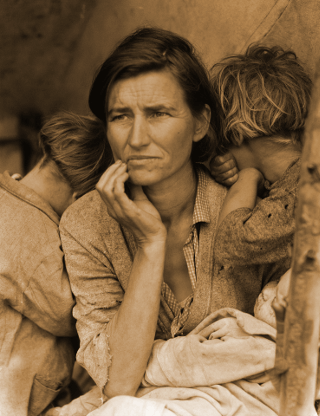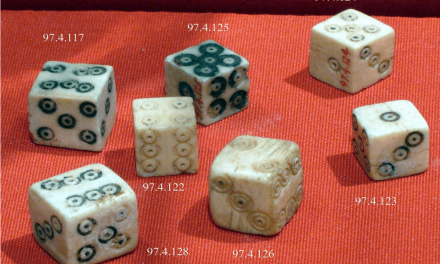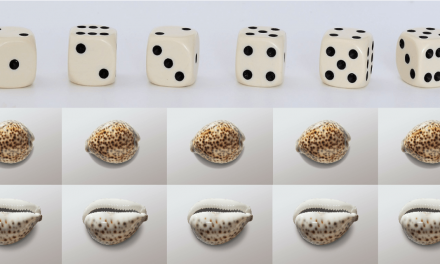In Part 4 of this series, we presented :
Dice and The Law – Regional Opinions That Have Varied Over Time
– – –
The year was 1935 and the nation was at war, with itself. As a nation emerging from one international crisis and about to enter another, the US people were desperate for change. They had gone without for long enough. Rationing and deprivation had worn them thin. And 80 hour work weeks were literally killing them off. They wanted something different. They deserved something better. For themselves and for their sons and daughters. These dark days should not last forever.

And they didn’t. Not without let up. And not without relief.
Largely, some would say, because a few fledgling game companies led the way.
And one of those leaders was Parker Brothers. The people that brought us Monopoly. Way back in 1935. That’s when they purchased the rights to what would become their flagship game. A million seller. Actually, more like a quarter billion. 250,000,000 and counting.
Parker Brothers didn’t invent the game. But they did a fabulous job of marketing it.
The inventor (or one of the inventors, some would say) was Elizabeth Magie. And her game was known as The Landlord’s Game.
You can read more about Lizzie and the original version of her game (which is now being reproduced) right here.
People in various communities that played Lizzie’s game or heard about it made modifications of their own and, eventually, Charles Darrow also added to the game.
And then Parker Brothers became involved.
After the game was conceived and after the bulk of the creative work was done. And after the game had survived hundreds of playtests.
So, how important are game designers? The inventors themselves? They are invaluable. Beyond price. Because, without them, without people who are willing to take risks (and quite often end up with nothing), there would be no games. Or at least, none of the commercial variety.

And it is this commercial aspect of games that, in my opinion, had a hand in both cheering a nation and in bolstering its economy.
– – –
In Part 6 of this series we will present :
Who Moves and How Far? – Randomizers Other Than Dice
Cards and spinners and … stay tuned. We’ll develop this aspect of games and its relationship to dice in our next post. See you then. 🙂





